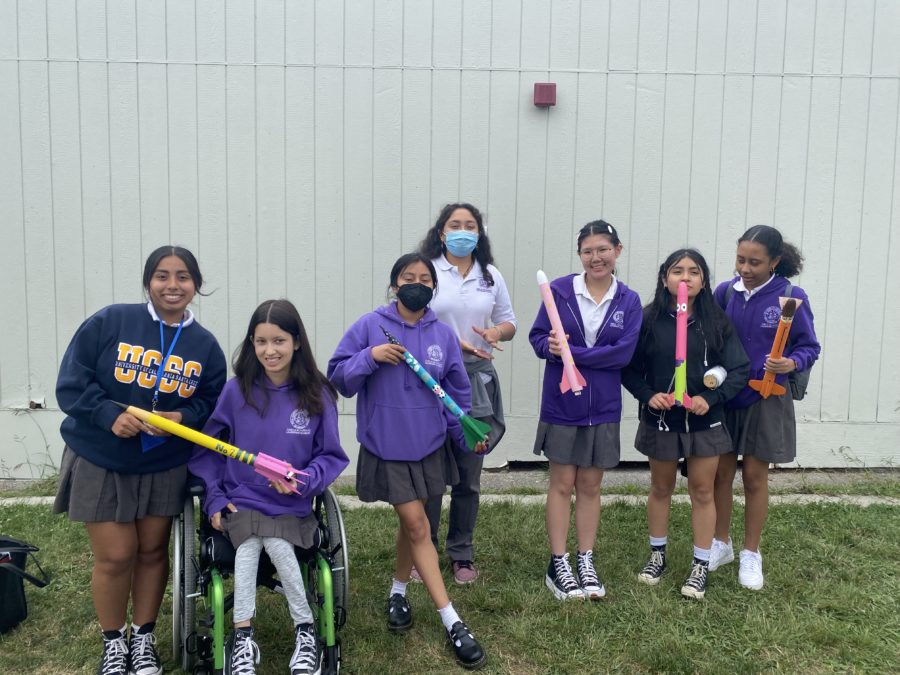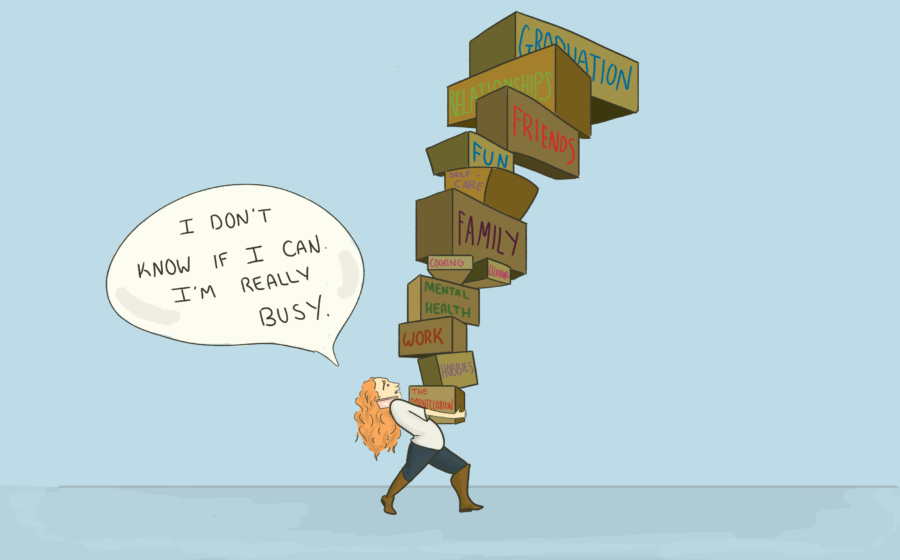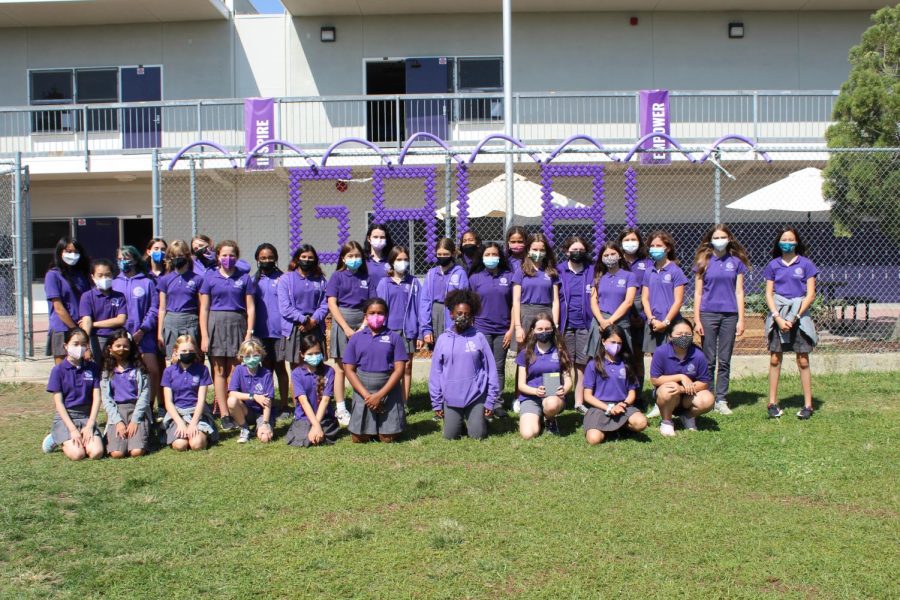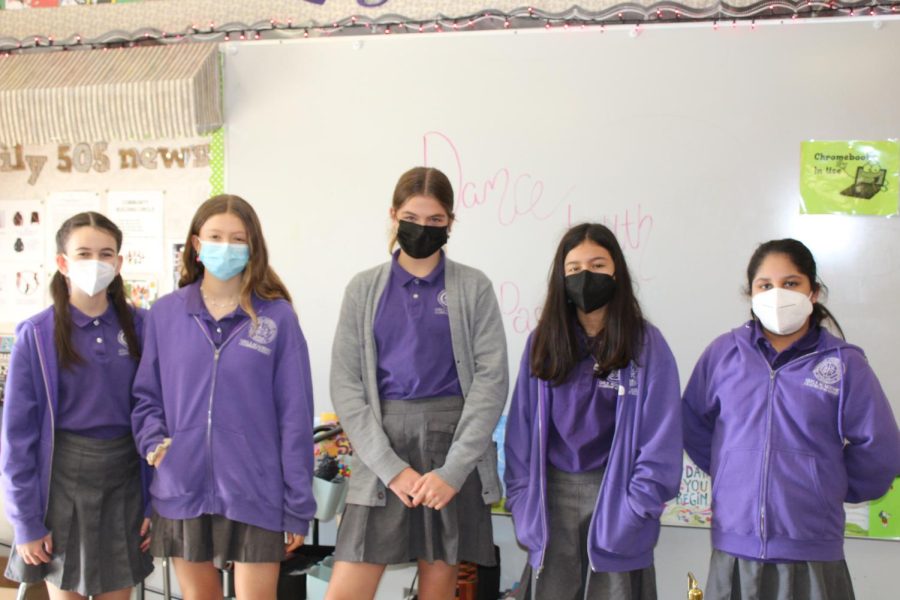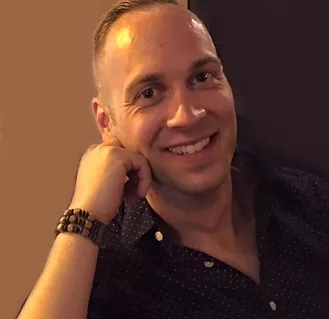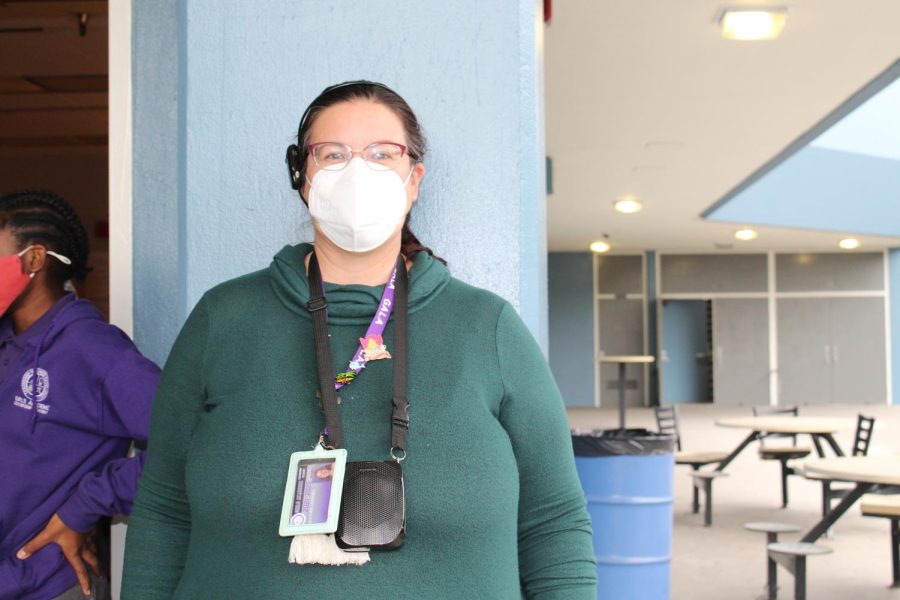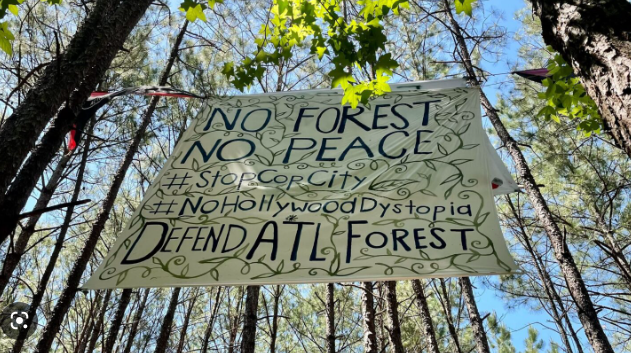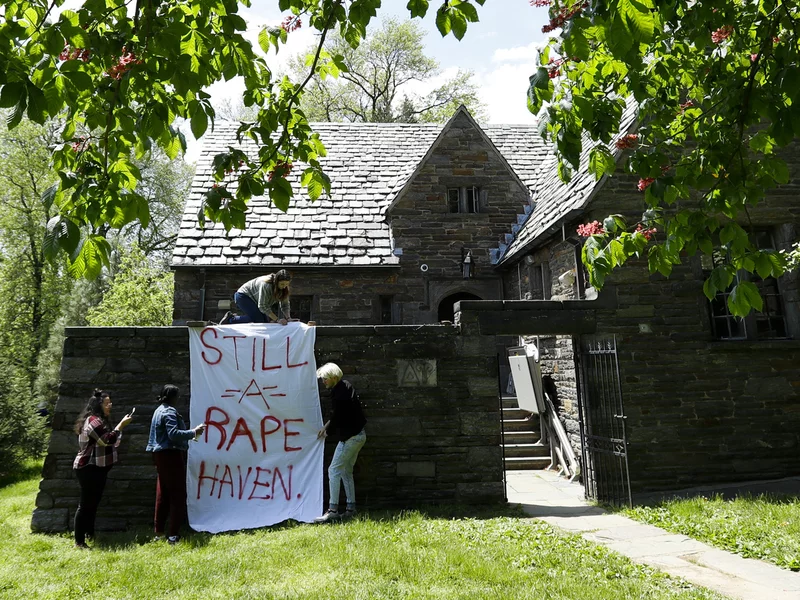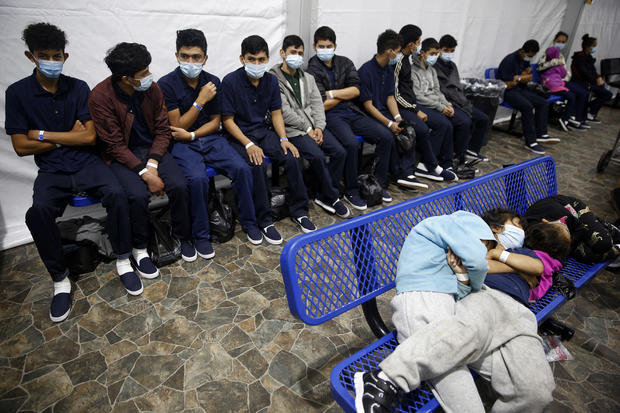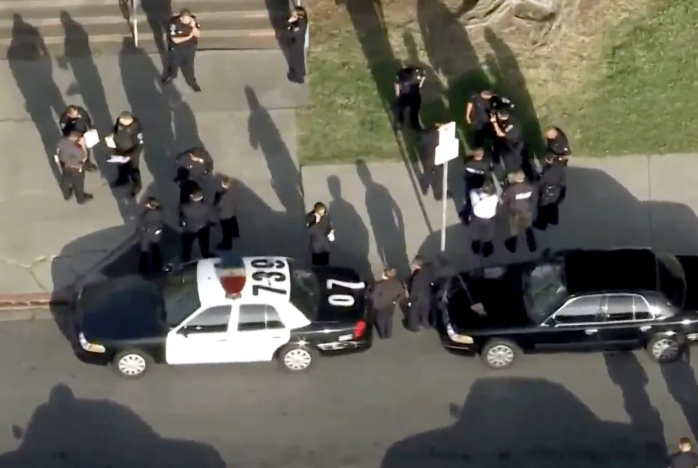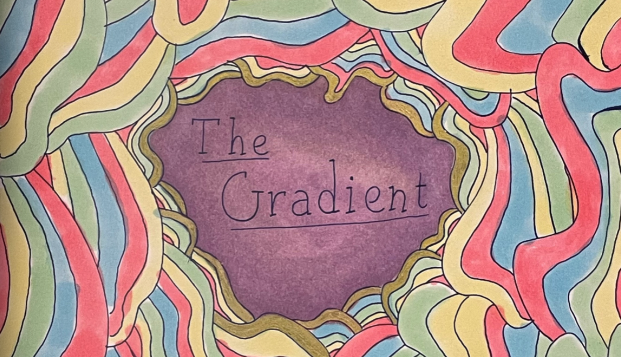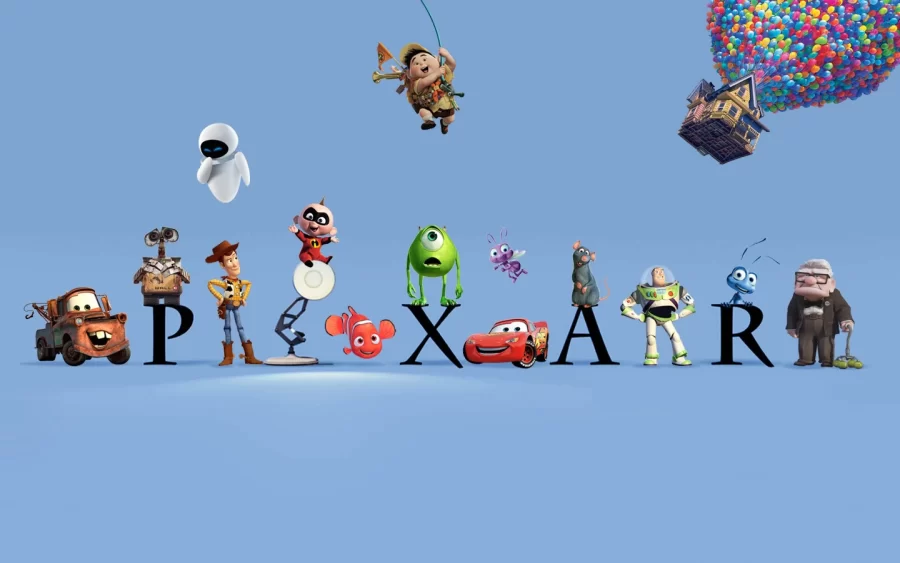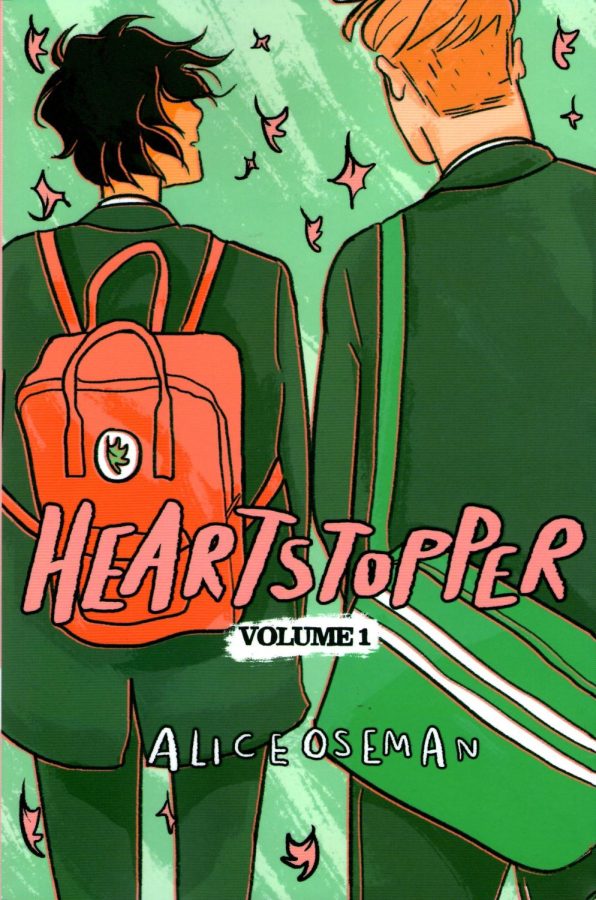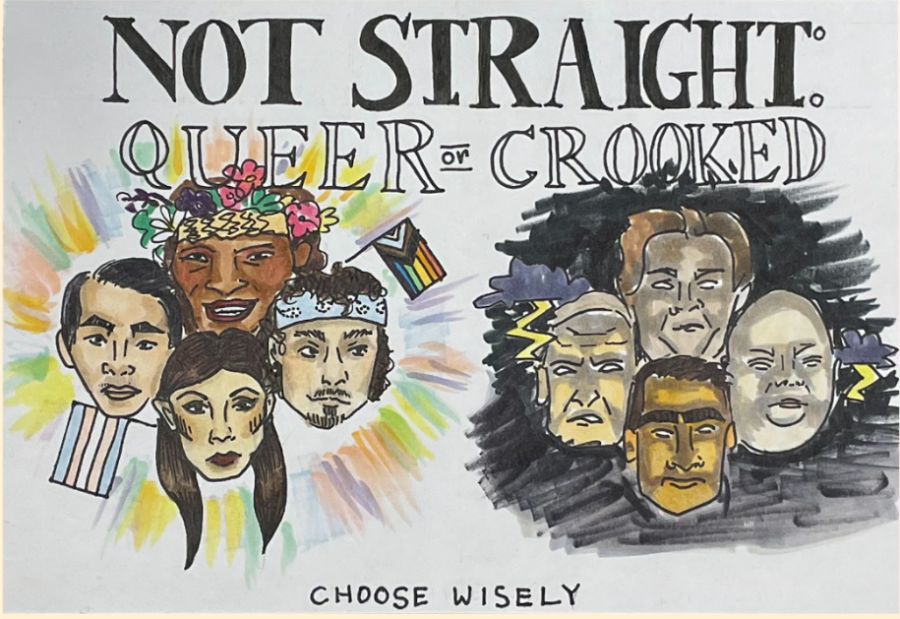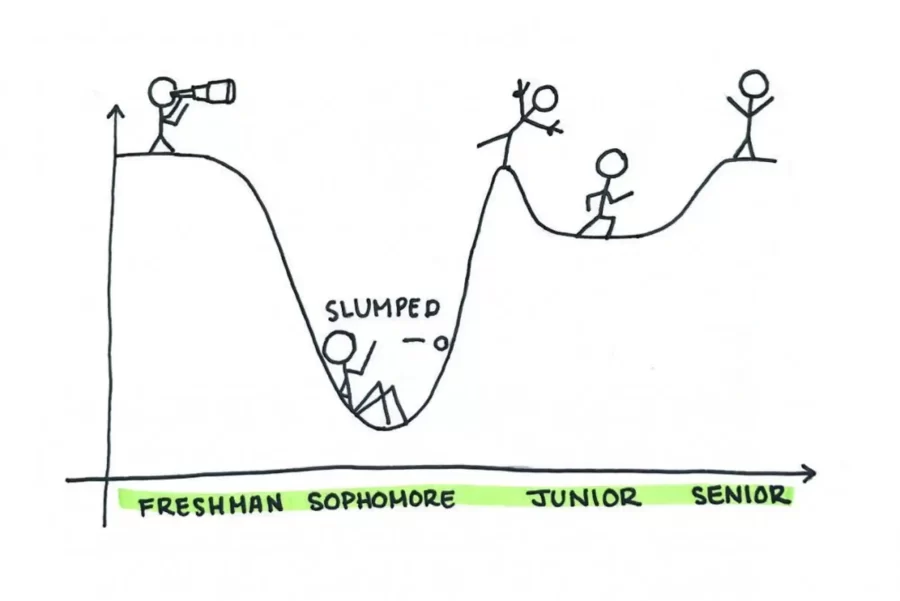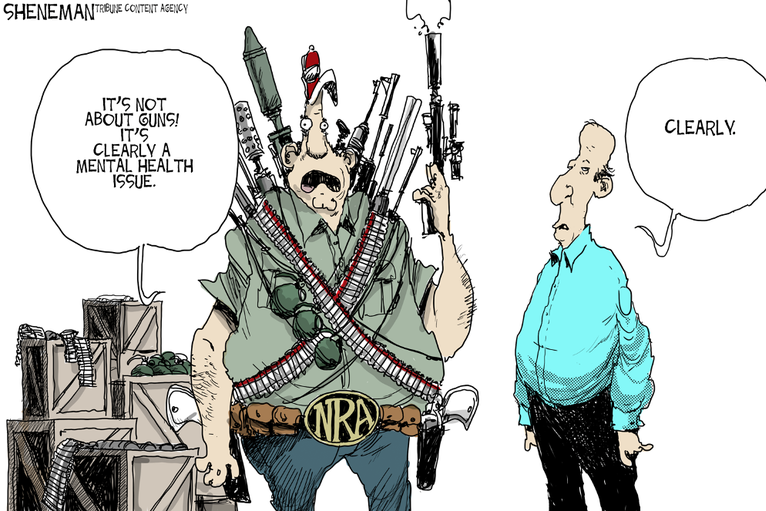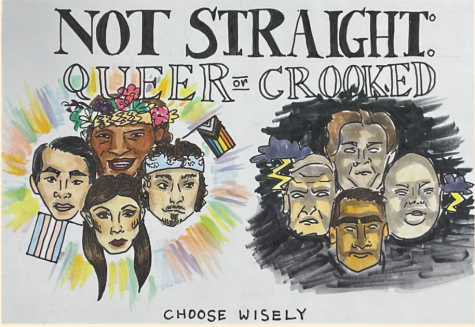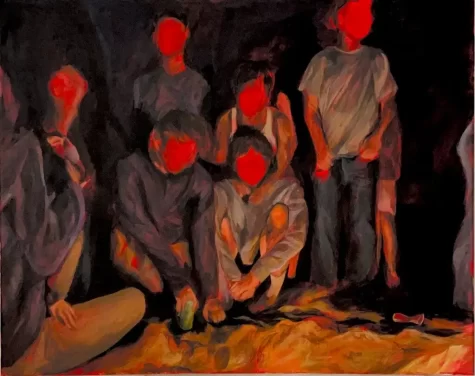“Guns Don’t Kill People, People Do”: Mental Illness and Gun Violence, a Scapegoat?
Ten days after a shooting at a supermarket in Buffalo, New York, which left 10 people dead and three people injured, another shooting rocked the nation. Before communities had the time to fully process the gravity of the Buffalo tragedy, a gunman opened fire at Robb Elementary School in Uvalde, Texas, killing 19 students and two teachers.
The news of the event shocked individuals across the country, including me. Uvalde was the deadliest elementary mass shooting since Sandy Hook in 2012. While I was too young at the time to understand Sandy Hook, I now have a little brother who’s around the same age as the children who died. The thought that it might happen to him, to me and my sister at our school, is something so sickening to think about. If not me, how many more parents will have to think about whether or not their children would actually be safe in an environment where they’re supposed to be protected?
Shortly after the events in Uvalde, Governor Greg Abbott issued a statement at a press briefing, stating:
“Anybody who shoots somebody else has a mental health challenge,” going further to say, “We as a state, we as a society, need to do a better job with mental health,”
Given Abbott’s history of being pro-gun, his remarks didn’t surprise me. When it comes to gun legislation and controlling who can own a gun, Republican pro-gun legislators use the argument that can be best summarized by conservative commentator Anne Coulter, “guns don’t kill people, people do” as one of their main arguments against gun control. In fact, according to a poll done by Yahoo News and YouGov, approximately 65% of respondents who identified as Republican attributed the events of the Buffalo shooting to mental illness.
Time and time again, mass shootings in the U.S. have been attributed to shooters suffering from mental illness. These claims don’t go entirely unfounded. A Yale University report showed that Adam Lanza, the perpetrator of the Sandy Hook massacre, had been diagnosed with anxiety and OCD, both of which he didn’t receive treatment for. In the case of the Aurora mass shooting, gunman James Holmes had been seeing a psychiatrist specializing in schizophrenia.
Cases like these become the basis of the argument that a correlation between mental health and gun violence translates to mental health being a definite predecessor for a person to commit gun violence. This is what pro-gun advocates argue, and continue to do in the wake of Buffalo and Uvalde.
These broad-arching claims go disproved. Research shows that people diagnosed with mental illness are way less likely to be committing violent crimes. Instead, they are 10 times more likely to be victims of violent crimes rather than perpetrators, in addition to being more prone to hurting themselves rather than others. This comes after the U.S. Centers for Disease Control and Prevention released a report that two-thirds of gun deaths in the country are suicides. While there is evidence that people diagnosed with schizophrenia and other psychoses are at a higher risk of committing homicide (Fazel et. al 2009), these individuals account for less than 10 percent of violent crimes (Fazel et. al 2009) due to the lack of individuals in the general population having these conditions (Kessler et al., 2005; Wu et al., 2006).
In light of this, the relationship between mental illness and gun violence becomes more complex, yet watered down, than Republican lawmakers claim. While in reality, the two are loosely linked, the claim that mental illness is a predecessor to gun violence is used as a scapegoat to process what happened in Uvalde by both Republican legislators and the American public alike. In the words of Lindsey Ayer, a senior behavioral scientist at Rand corp.,
“People want to explain it, to say ‘this person wasn’t thinking rationally, wasn’t thinking like you and me, something went wrong in their brain wiring.’”
Once this reasoning is used over and over again, the emotional weight of these tragedies is an easier pill to swallow.
Yet the more that mental illness is used as a justification for gun violence, whether it is medically verified or not, it pushes the narrative that hands are tied when it comes to preventing mass shootings. On the legislative side, it sends a message to the American public that our government can’t do anything about gun control because it stems from something innate, and thus out of their control. Thus the only way forward is to increase security in schools, arm teachers, and continue to fight fire with fire to protect yourself.
Where does that leave teachers having to not only worry about protecting their students but also having to handle a weapon that could harm them and the students they vowed to protect? Where does that leave students that feel unsafe when they go to school because adults around them are carrying dangerous weapons?
The scapegoating that pro-gun activists and lawmakers use for mental illness also goes to show that mental health awareness is only a priority in cases of tragedy. Contrary to Abbott’s promises that Texas values mental health and well-being, Texas has a history of cutting spending on mental health programs. In April, Abbott cut $11 million from the state department overseeing mental health programs. Further, Texas ranks last in the nation in terms of access to mental health programs, according to the State of Mental Health In America report. What does this say about the weight of Abbott’s promises? They don’t have any.
What’s more, very few laws have actually been created and implemented in response to mental health access. In 2021, the House propositioned HR 137: The Mental Health Access and Gun Prevention Act. A year later, it has yet to be reviewed by the Subcommittee on Crime, Terrorism, and Homeland Security.
The continuous scapegoating of mental illness by pro-gun Republican lawmakers to dismiss the urgency of gun control legislation is inexcusable. They have the legislative power and legitimacy to push for laws that would make sure guns aren’t readily accessible, but yet continue to use mental illness to brush over an issue that falls under their responsibilities as representatives of Americans’ beliefs and values.
So dear Republicans, it isn’t a matter of polarizing politics, constitutional personal freedoms, and playing the blame game. It’s a matter of protecting our children, parents, and loved ones from being the victims of a tragedy that could have been prevented. How many more mass shootings must there be for you to realize that mental health isn’t just an American issue, but gun violence and the lack of gun control is?

Odessa is a senior and is the current Senior Editor-In-Chief of The Echo. She is ecstatic to be returning for her second year as an editor. Her passion...
